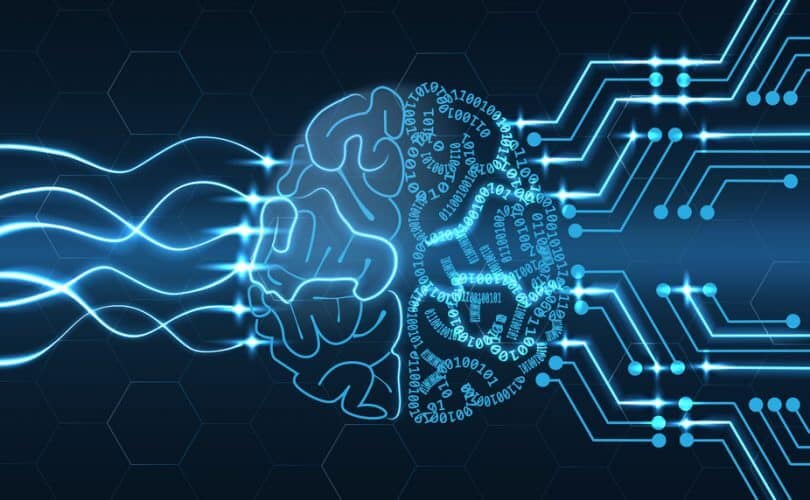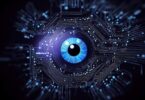The companies that add the trinomial cloud, AI and machine learning will take the lead, by improving their operation with personalized attention and predictive analysis.
Everyone is currently talking about how the cloud, artificial intelligence (AI) and machine learning are the perfect trionomial and the trend to follow in the coming months. The promises of the great benefits that could bring all aspects of human life, is what is moving to companies of all sizes turn their expectations to these developments.
Efforts are being made to develop machine learning to the point where there will be no necessary human intervention. The area of artificial intelligence, which uses automatic models to learn from data, is seen as the bright future of scientific-mechanical learning, which is the next level of evolution in automation.
When combined with the power of cloud computing, learning the machine could be even more beneficial. This union is called “smart cloud”, and involves computing, storage, and networks.
The intelligent cloud is able to learn from a large amount of data stored in it to build predictions and analyze situations. This will serve as a platform to perform tasks more efficiently.
Cloud computing provides two basic requirements to run an IT system efficiently and cost-effectively: scalable, low-cost resources, and processing capacity to generate large amounts of data. The fusion of the cloud with the learning of the machine benefits both categories.
The large amounts of data stored in the cloud provide a source of information for the learning process of the machine. With millions of people using the cloud for computing, storage, and networking, existing data, collected in the millions of processes that occur every day, provide a source of information for the machine. The entire process will provide applications in the cloud with sensory capabilities. The applications will be able to perform cognitive functions and make decisions to help users in their day-to-day operation.
Some examples of cognitive computing in the current market, and that have made remarkable progress in the field of artificial intelligence, are IBM Watson, Amazon Web Services AI and Microsoft Cognitive APIs.
Others are the personal assistants that have made life easier for people. Products such as Apple Siri, Google Allo and Microsoft Cortana are precoded voice recognition systems that give a sense of human touch to machines. But these personal digital assistants have limited capabilities. The answers are preprogrammed in the system and most of the queries are more general than personal. However, that is also changing with artificial intelligence.
With the massive amounts of data in the cloud, the machine learning capabilities and the cognitive computing component mentioned above, personal assistance can replace almost all forms of human interaction. Fantasies of owning computer systems such as science fiction or superhero movies can become reality.
These capabilities can be of great help in the operation of large companies. Imagine a team that can access all the information about their past transactions, analyze current sales and make predictions about future benefits. It could also indicate where there is a failure in the operation of personnel or equipment in the daily operation, and what can be done to correct it. Control is in the hands of human beings. All the team does is process all the information and provide possible solutions.
The famous chatbots are others that have become a trend in the customer service industry, since with their creation solution is given through chats. In addition, with the increasing use of chat applications, this becomes easier, completely eliminating human interaction and reducing errors.
Implementing machine learning will increase the cognitive abilities of these chatbots, giving them a human touch. They can learn from past conversations and provide better assistance.
The cloud is on its way to becoming an essential digital input in many fields. But the integration of machine learning will increase the need for smart clouds in the market. With all the capabilities provided by this development, it is definitely the most innovative technological change in the market.







